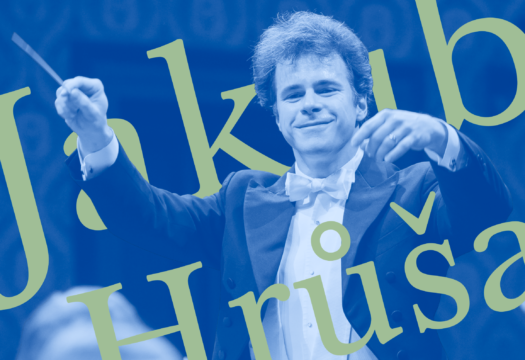Programme
Zdeněk Lukáš
Missa brevis for three female voices and baritone solo, Op. 176 (13')
Kyrie
Gloria
Sanctus
Benedictus
Agnus Dei
Slavomír Hořínka
Terni Psalmi, three psalms for à cappella children’s choir (18')
Domine, non est exaltatum
Quam dilecta tabernacula tua
Laudate Dominum
Bohuslav Martinů
Three Sacred Songs (Three Legends) for female chorus and violin, H 339 (11')
The Birth of Our Lord
The Ascension
The Way to Paradise
Benjamin Britten
A Ceremony of Carols for treble voices and harp, Op. 28 (22')
Procession
Wolcum Yole!
There is no rose
That yongë child
Balulalow
As dew in Aprille
This little babe
Interlude
In Freezing Winter Night
Spring Carol
Deo gracias
Recession

